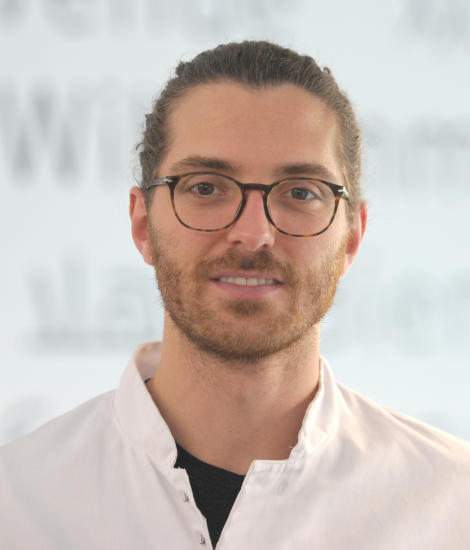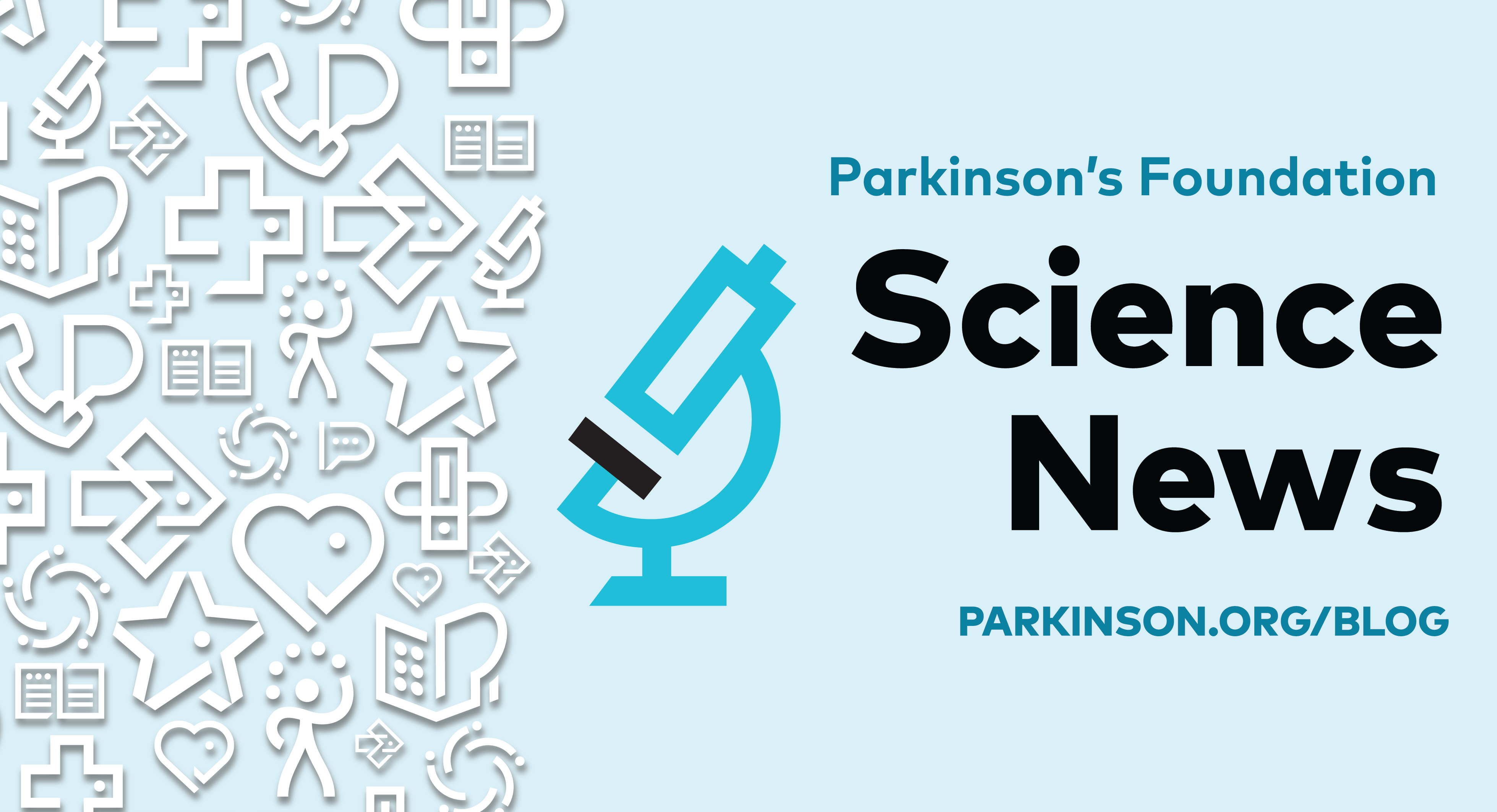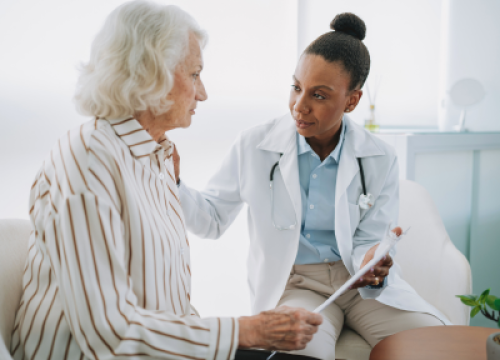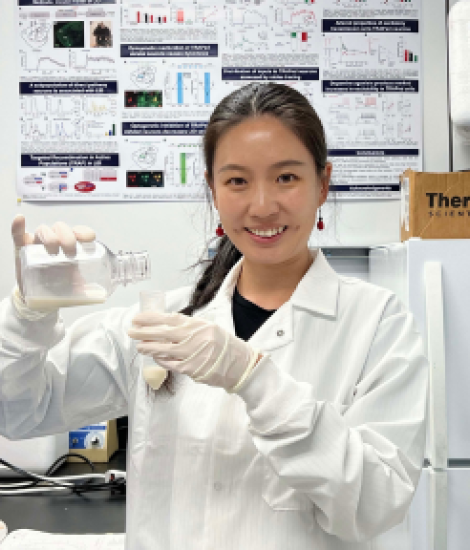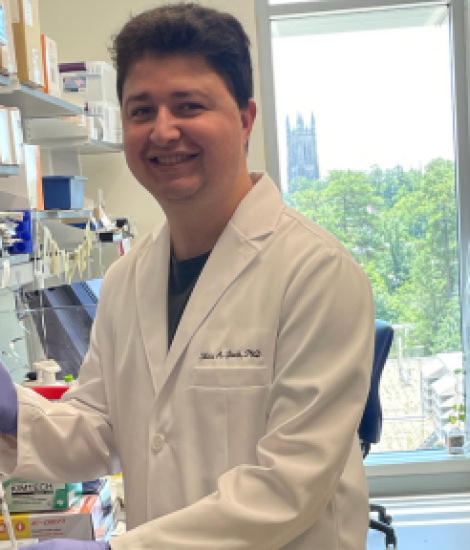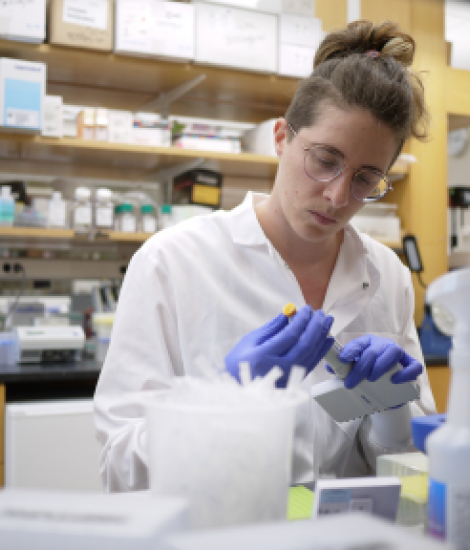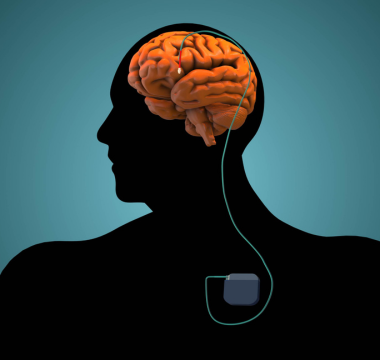My PD Story

Henricus Ruhe, MD, PhD
2024 Impact Award
Creating Virtual Brains to Study how Parkinson’s Disease and Depression Interact
One of the most common non-movement symptoms experienced by people with Parkinson’s disease (PD) is depression. While the mental health impacts of PD-associated depression are debilitating on their own, they have also been associated with increased PD severity. This implies that the neurological changes in the brain that cause depression may also affect the progression of PD. Therefore, better understanding this overlap could improve treatment strategies for people with both.
Henricus Ruhe, MD, PhD, and recipient of a Parkinson’s Foundation Impact Award, will be using sophisticated brain mapping technology to investigate this subject, seeking new ways to personalize treatments for those with depression and PD.
For this research, he will collaborate closely with Morten L. Kringelbach, PhD, from Oxford University and Gustavo Deco, PhD, from Pompeu Fabra University in Barcelona, who developed the techniques.
Dr. Ruhe, from his lab at the Radboud University Medical Center in Nijmegen, Netherlands, a Parkinson’s Foundation Center of Excellence, plans to utilize a new neuroscience research tool called whole-brain computational modeling. The science and math involved with this tool is complex, but put simply, this technique allows researchers to take data from a person’s MRI scans and create a digital model of their brain.
Within each of these models are nodes, small brain areas whose neurons seem to generally activate together. Based on blood flow measured with MRI-data, the interaction patterns between nodes are mapped and measured to track how signaling information flows through the brain. Additional data, such as physical anatomical distances in the brain, will also be used to bolster the models.
Using previously collected clinical MRI data from people with PD, some with and some without depression, Dr. Ruhe will be able to generate brain models for his testing. By analyzing and comparing them, he hopes to identify how information flow in the brain is altered by depression in PD contexts.
In addition, in another cohort of PD-patients without and with depression, where MRI scans taken without (OFF) and with (ON) the use of levodopa medication will provide valuable information about how PD treatment affects depressed and non-depressed brains differently.
These established brain models can then be used to conduct in silico experiments — meaning that instead of working with cells in petri dishes (in vitro) or with live animals (in vivo), the testing is done with computer simulations.
In these simulations, Dr. Ruhe will aim to modify specific nodes and see how the rest of the brain reacts and reorganizes in response. These disruptions can be designed to mimic medications, estimating how they would work in the brains of people with and without PD-linked depression.
Performing these perturbations across the different PD brain models and comparing the outcomes will provide:
-
Major insights into which regions are most critical to brain function in PD and depression.
-
What therapies potentially work best for people with PD and depression, improving the scope and effectiveness of personalized treatments in the future.
Speaking on the importance of this award for his research goals, Dr. Ruhe said, “I am honored to have received this prestigious award. This will help our team and the Parkinson’s community to develop whole-brain models to better understand and preferably modify non-motor symptoms in PD. This will have substantial impact on selections of treatment of depression in PD patients by identifying susceptible brain regions for different forms of treatment.”
Meet more Parkinson’s researchers! Explore our My PD Stories featuring PD researchers.
Related Materials
More Stories
from the Parkinson's community



